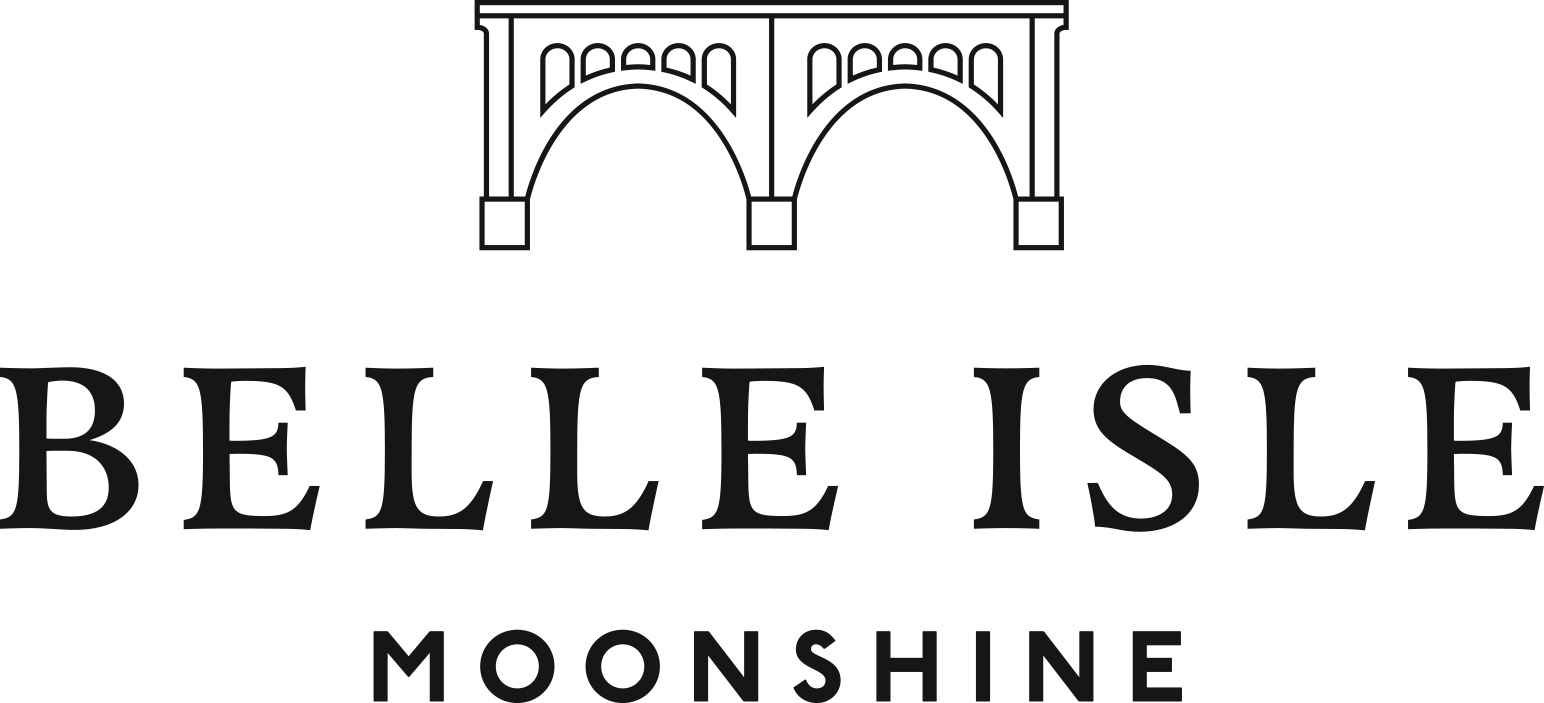Moonshine has played an important role in American history. In fact, moonshine wouldn’t even exist if it wasn’t for American history.
Mankind has produced alcohol for thousands of years. However, the American government was one of the first major governments in the world to tax and control the alcohol industry. The moment the government started to tax and control alcohol was also the moment the moonshine industry began.
The term “moonshine” comes from the fact that illegal spirits were made under the light of the moon. In every part of America, early moonshiners worked their stills at night to avoid detection from authorities.
The United States started taxing liquors and spirits shortly after the American Revolution. In the years following the Revolution, the United States was struggling to pay the bills of the long war. Taxing liquors and spirits was an effective way to generate revenue for the government.
In the early frontier days of American history, moonshine wasn’t a hobby: it was a part-time job. Many farmers relied on moonshine manufacturing to survive bad years. Low-value corn crops could be turned into high-value whisky.
Back in those days, Americans hated paying liquor taxes. They hated taxes so much that revenuers, the government agents who came to collect taxes, were often attacked, tarred, and feathered when they came to visit. The tension between the government and its citizens eventually boiled over into a conflict called the Whisky Rebellion, which began in 1791 during George Washington’s presidency.
Although the Whisky Rebellion was a violent resistance movement, fewer than 15 people were killed throughout the entire conflict. To suppress the rebellion, George Washington led a coalition of 13,000 militia troops into western Pennsylvania – which was the center of the rebellion and America’s frontier country at the time.
Washington successfully suppressed the Whisky Rebellion. This marked an important point in U.S. history because it proved that the newly formed country could suppress violent uprisings within its own territory. But, ultimately, the rebels were successful because in 1801 Thomas Jefferson and his Republican Party repealed the tax to widespread public support.
During the Civil War, the American government once again imposed excise taxes on its citizens to fund the war. Revenuers and IRS officials cracked down harshly on moonshiners, leading to many violent conflicts throughout the country.
During the Whisky Rebellion, moonshiners were portrayed as heroes standing against an oppressive government. After the Civil War, that attitude shifted. Many now saw moonshiners as violent criminals.
In 1920, moonshiners across the country rejoiced: Prohibition was passed across the nation. Legal alcohol was no longer available anywhere. Overnight, illegal liquor became one of the most profitable businesses in America.
Organized crime took over the moonshine business and distillers sprung up across the country to keep up with demand. Producers began to sell watered-down moonshine based on sugar instead of corn.
Speakeasies – complete with hidden doors, passwords, and secret escape routes – could be found in every city in America.
The good times couldn’t last forever for moonshiners. In 1933, Prohibition was repealed and the moonshine market dwindled to a shadow of its former self.
Today, moonshine is viewed much differently than it was a few decades ago. Only a few developed countries in the world let residents legally produce their own home-brewed spirits. New Zealand, for example, allows home distillation for personal consumption but not for private sale.
Whether producing moonshine legally or running a clandestine distillery, you’re sipping on American history every time you pour yourself a glass of moonshine.



